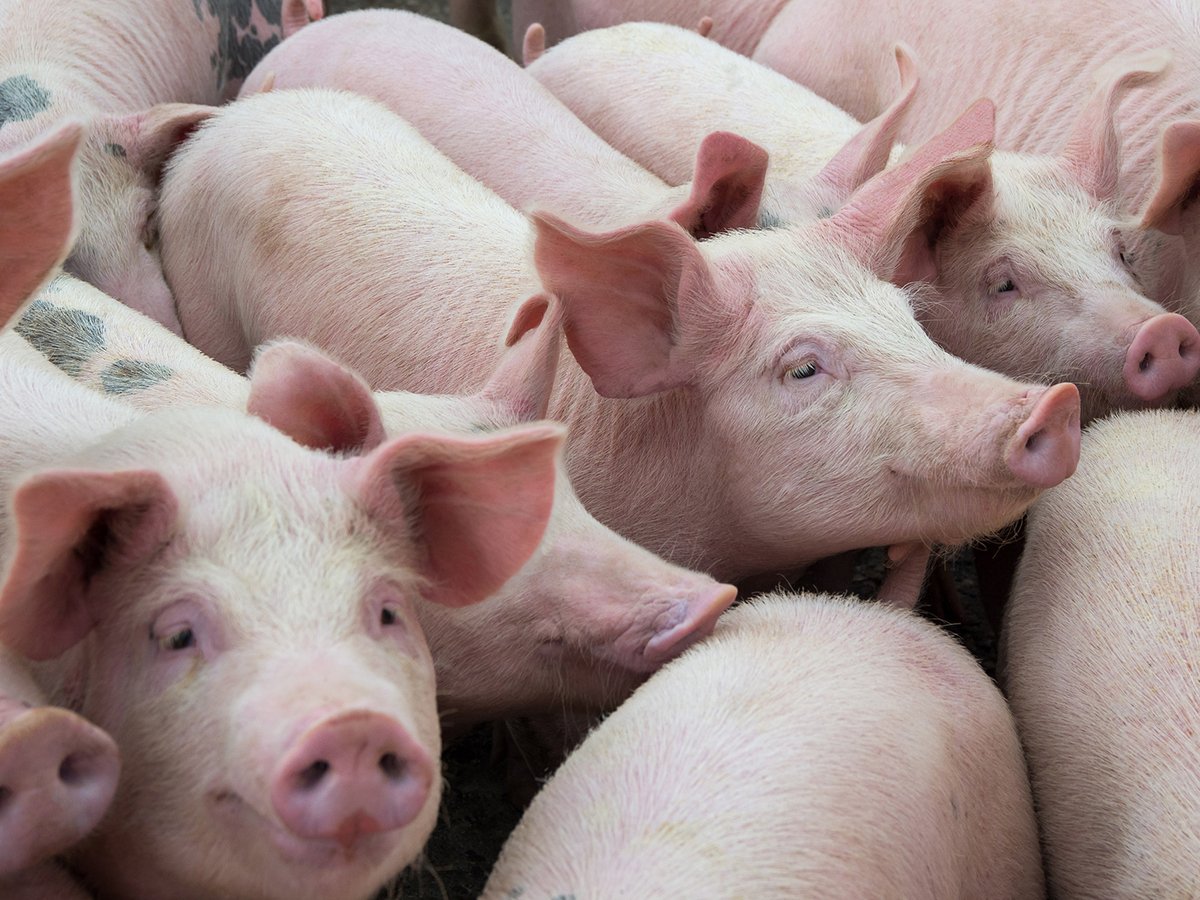Agriculture Canada announced tax deferrals for livestock producers in regions of Saskatchewan and Manitoba hit by this summer’s heavy rains.
The deferrals are expected to allow livestock producers in northeastern Saskatchewan and Manitoba’s northern Westlake and Interlake regions to defer income tax on the sale of breeding cattle.
It’s intended to leave producers with more money to restore their breeding stock next year.
Producer groups viewed the deferrals as a favourable step, but point to the need for more government assistance.
Read Also

Quebec pork company calls for transparency around gene-edited pigs
Quebec-based pork company duBreton is calling for transparency around meats from gene-edited pigs on concerns that a lack of mandatory labelling will confuse consumers, and dilute certification claims. The organic sector is also calling for labelling rules.
“The tax deferral is a good start to help livestock producers who have been affected by excess moisture,” said Rob Brunel, president of Keystone Agricultural Producers in a joint news release with the Agricultural Producers Association of Saskatchewan.
“It has been a workable solution in the past. However, it may not work for all situations and we believe there is a need to cover the winter feed shortage issues that producers are facing.”
Market fluctuations could hamper the programs’ usefulness. As the market strengthens, replacing animals sold this year may be more costly next year, which would cut into the money producers save from the deferral, according to Jay Fox, president of the Manitoba Cattle Producers’ Association (MCPA).
There is also a risk that cattle producers forced to sell their breeding stock to buy feed may choose not to buy back into the business.
“It just weakens the industry, especially in those districts that got hit,” said Bruce Holmquist, the Saskatchewan Cattlemen’s Association board representative for District 8, one of the province’s worst-hit regions.
Holmquist stressed the need for government to move on requests by the Saskatchewan Cattlemen’s Association and the MCPA for per-head payments on breeding cattle and per-acre payments for damaged forage.
He said that the deferrals at least point to the federal government’s awareness of the crisis faced by livestock producers. “The senior level of government has recognized it with the tax deferrals, but we still have to hear from the provincial governments,” he said.
















